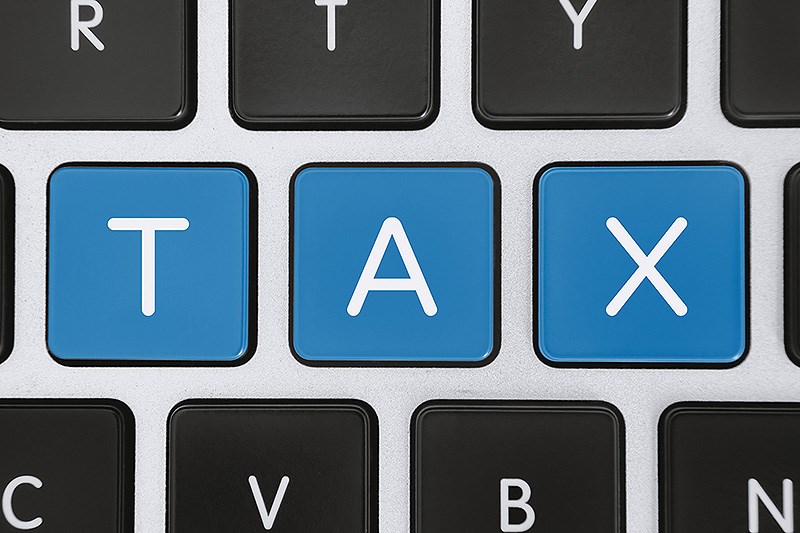Nobody likes filing tax returns.
Tracking down pay slips, filing away proofs for every deduction and filling out forms is very few people’s idea of a fun way to spend their time. Even worse is having to do it twice, if you happen to live in Quebec.
That’s why things such as automatic tax filing, in which the Canada Revenue Agency’s staff are tasked with filing your tax returns for you, are so enticing at first glance. Indeed, an op-ed recently published in the Ottawa Citizen touted this as a way to make our lives easier.
Before you throw away your tax software, though, or sever ties with your accountants, it’s important to understand the many negative implications of that idea.
The first problem is that, by their very nature, tax collectors’ objectives are at odds with taxpayers’ interests. The former aim to maximize the revenue they collect, while the latter hope to maximize deductions and reduce the amount of money they owe.
With those contradicting objectives in mind, it doesn’t take much to imagine that tax collectors would have a bigger incentive to correct the mistakes that don’t bill you enough than those that tax you more than they should.
That’s what British taxpayers had to go through in 2010 when their government brought in automatic tax filing. Our research found that six million British taxpayers received incorrect tax return filings from their revenue agency that year. That’s about one in every seven tax filers.
And of the six million incorrectly filled returns, three-quarters were over-billing taxpayers.
Nor were Brits alone in having to go through this kind of ordeal. The first year after France implemented automatic fax filing, one in every four returns was inaccurate. Things are certainly looking better today, but those errors still affected half a million taxpayers in 2018. Given that our federal government isn’t done fixing the issues with its bungled Phoenix pay system, which led to errors in pay for a large proportion of its employees, it’s hard to imagine we wouldn’t be plagued with similar issues if the government were to do all of our tax returns.
On top of this, the benefits taxpayers would get from such a system are quite unclear.
Of course, in an ideal world where everything works perfectly, it would make our lives easier. The CRA’s bureaucrats would get virtually all of our tax returns right, and we would do away with tax software, accountants, and – for the most determined – the good old calculator and paper tax forms.
As we’ve hinted at, though, even in places that have been doing it for years, the tax agency still makes mistakes, and taxpayers need to be able to correct those, which takes time, expertise, and money. In a 2017 comparative study, researchers conducted polls in 34 countries – some with automatic tax filing, some without – to find out how long it took to file personal income tax statements.
In Canada, it took less than an hour on average. It took between one and two hours in France and the United Kingdom. In the most extreme cases, such as in Australia, it took taxpayers an average of two to five hours to file their tax returns, despite having an automatic filing system.
That’s because tax codes are complex and tax forms are not the easiest documents to read. As such, taking a second look at one’s pre-filled tax form sent by the tax collector requires a keen eye to identify mistakes and correct them.
Given the risk of mistakes and the uncertain benefits, Canada should not pursue an automatic tax filing policy. That doesn’t mean there’s nothing we can do to help people through the process of filing taxes, though. Off the top of my head, we could make the process less complex by simplifying our tax code.
Renaud Brossard is Senior Director of Communications at the Montreal Economic Institute.



